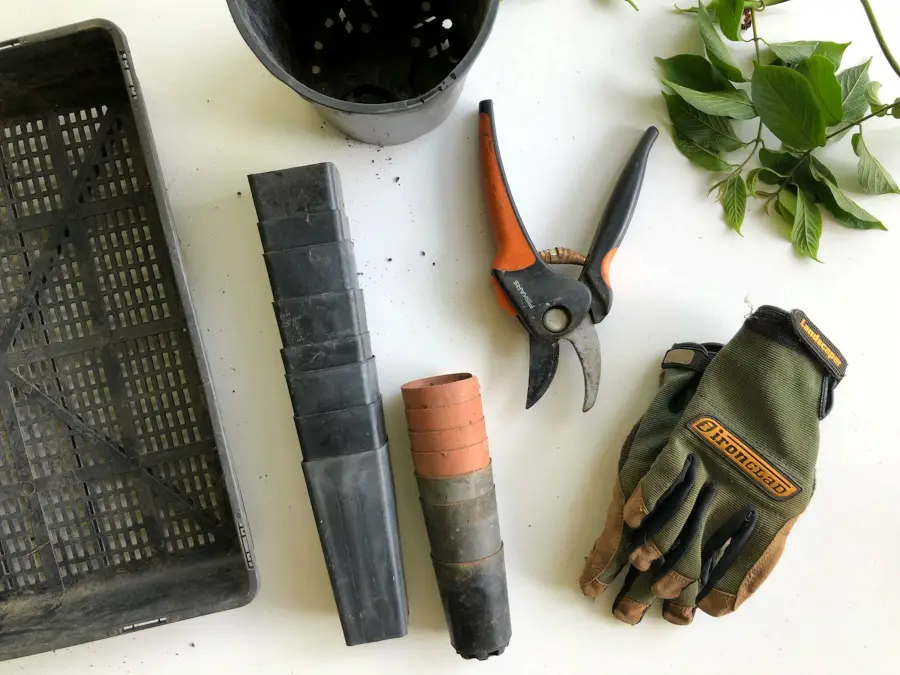Why You Should Let Kids Take Care of the Garden

Gardening is fun and it’s nice to get your children to help you understand the meaning of gardening. They can watch their hard work grow and realize that the food they plant can actually save the family quite a bit of money so they have many fruits and vegetables for lunch and dinner. They can also learn how to can these foods for the winter so there are still good vegetables and fruit jellies and jam to eat during the cold months of the year. Kids like to play in the dirt as well so parents can make gardening a fun activity and teach their kids a lifelong talent as well. This way when they grow up, they can carry on this tradition in their family so their kids can have the same fun that they did when they grew up.
Parents struggle when it comes to finding ways to get their kids to eat a healthy meal, so gardening can become important. Gardening can be simple if your yard is small or even if you live in an apartment that allows you some space to plant vegetables and fruits. It’s easy to use a trellis so vegetables like beans that are vines can grow up the trellis because the vines are edible. You can also use a small area with a raised bed of dirt to plant some vegetables. If you are limited with space, you can use milk cartons or pots and grow some herbs and tomatoes in a sunny area. All kids love cherry tomatoes. If you decide to plant zucchini, radishes, and herbs, these are easy to grow without a lot of attention. You still will get a good return on the time you and your kids put into the gardening. Working with the soil is good for every ones, mind, body, and soul, which is really valuable for your children.
Gardening can also help your children with science in school and studies have shown that children that participate in gardening do much better on tests in school. Your kids tend to ask more questions about how plants grow and why they need sun, soil, and water. You can also explain the photosynthesis process to your children. You can also include some math in your teachings by measuring the growth of the plants from birth to full grown. They can count the flowers on the plants as well. Some flowers are also edible if parents look in wholistic books and make smoothies. They can top it off with a few rose petals. Parents can also include books about gardening, magazines of plants and a trip to a greenhouse where many plants are grown.
When harvest time comes, you can tell your kids about all the good vitamins that they grew within the fruits and vegetables. Explain to them how important minerals are for healthy minds, body, and souls. Some of these vegetables help with cognitive development and have large sources of calcium that includes spinach, garlic, and beets. Tell your kids if they eat these vegetables, this helps with their growth and more math can be used by measuring how tall your children are. Your kids might not like all of the vegetables they grow, but eventually as they get older their taste changes and at least they can try them before they make the decision.
Parents worry about germs but in order to strengthen a child’s immune system, a little dirt doesn’t hurt them because if they are sheltered from all of these germs their immune system becomes suppressed and most parents would rather see their children with a healthy immune system than without one. Gardening can also help kids learn to use their muscles and develop their large motor skills so they start learning how to become fit at a young age. It’s been said that the heavier work of gardening helps kids stay focused and on task.
 Parents now know how gardening can help the mind and body of their children but now they can see how gardening affects the soul. This is the age of electronics and kids need to find a tight and meaningful connection to their family. Parents that spend quality time with their kids gardening shows them what real teamwork is. The garden is also a great place to talk and communicate with each other. When your family plans a garden, plants seeds and sits back and helps their effort grow, kids learn responsibility and also learn a good sense of purpose. Parents have to make sure that the plants get enough fertilizer, plenty of water and hopefully, the sun will cooperate. It’s the sun that helps children understand mindfulness. Kids learn many different things when they garden like how to make compost for fertilizer and don’t forget to recycle rainwater for watering the garden. This can teach your children respect and also responsibility because they contributed to taking care of the planet.
Parents now know how gardening can help the mind and body of their children but now they can see how gardening affects the soul. This is the age of electronics and kids need to find a tight and meaningful connection to their family. Parents that spend quality time with their kids gardening shows them what real teamwork is. The garden is also a great place to talk and communicate with each other. When your family plans a garden, plants seeds and sits back and helps their effort grow, kids learn responsibility and also learn a good sense of purpose. Parents have to make sure that the plants get enough fertilizer, plenty of water and hopefully, the sun will cooperate. It’s the sun that helps children understand mindfulness. Kids learn many different things when they garden like how to make compost for fertilizer and don’t forget to recycle rainwater for watering the garden. This can teach your children respect and also responsibility because they contributed to taking care of the planet.
In addition, when kids are included in gardening and are allowed to play in the mud, their moods can improve because they feel like they learned something new. These experiences will also help kids get rid of anxiety as well. They will also gain more confidence in their abilities to succeed and gain self-esteem when they eat the best tomato they ever tasted because they know they grew these tomatoes.
These experiences of gardening can become a priceless experience for children. They learn so much in regards to science, cognitive abilities, math, gain confidence and self-esteem. They also enjoy the fruits of their labor and realize that without the soil, sun, and water, there would not be trees and plants. This is a very good learning experience for children because they also realize that their soul is fulfilled. Your kids can also help you peel some of these vegetables, depending on what you grew and help make dinner. If you chose to grow strawberry and raspberry bushes, this is also great fun when berry season comes because they can learn how to make jelly and jam.






